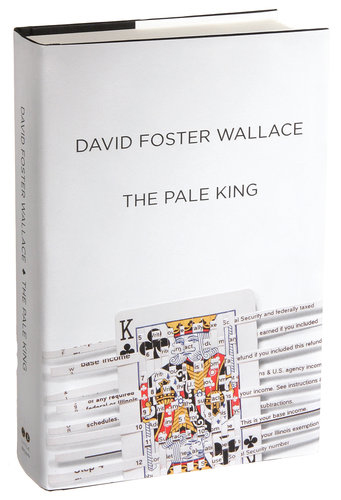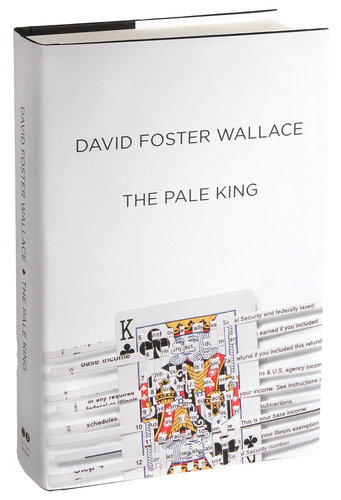
It’s very difficult to form an opinion on something that is very much unfinished, especially something you have a great deal of affection for. That’s partly why I’ve struggled to wrap my mind around David Foster Wallace’s post-humous novel, “The Pale King,” for such a long time.
The book, which emerged from the manuscript found by Wallace’s widow, Karen Green, after his suicide in September 2008, is just that — unfinished.
For a final work, something that is very definitively “the end,” there’s so little closure. There’s nothing really digestible about it as a whole. Maybe that’s not the point.
With the I.R.S. and middle-America as the back-drop, the parts of life examined in the novel are the very real ever-present pains we’re always attempting to outrun through various stimulation. But at it’s best, brightest and most beautiful, Wallace discusses these lonely realities, unsexy and painful as they can be, and leaves them to starkly contrast with his most beautiful, wide-eyed observer’s prose.
It’s a novel about boredom and the “myriad of unsexy ways” persons are forced to interact with the world, as Wallace put in his commencement address at Kenyon College in 2005. This same theme, remaining engaged and aware in spite of the monotony, carries throughout the text.
He urges readers to work through the tedium, the everyday blurs.
“Ride these out, and it’s like stepping from black and white into color,” Wallace said. “Like water after days in the desert. Constant bliss in every atom.”
That’s the thing about this book. It takes work to stomach through the boring (the numbers and bureaucratic jargon), it takes work to reconcile the difference between a writer, his work and the actual human person behind the pen.
So yeah, it hurt. But it hurt so good.

